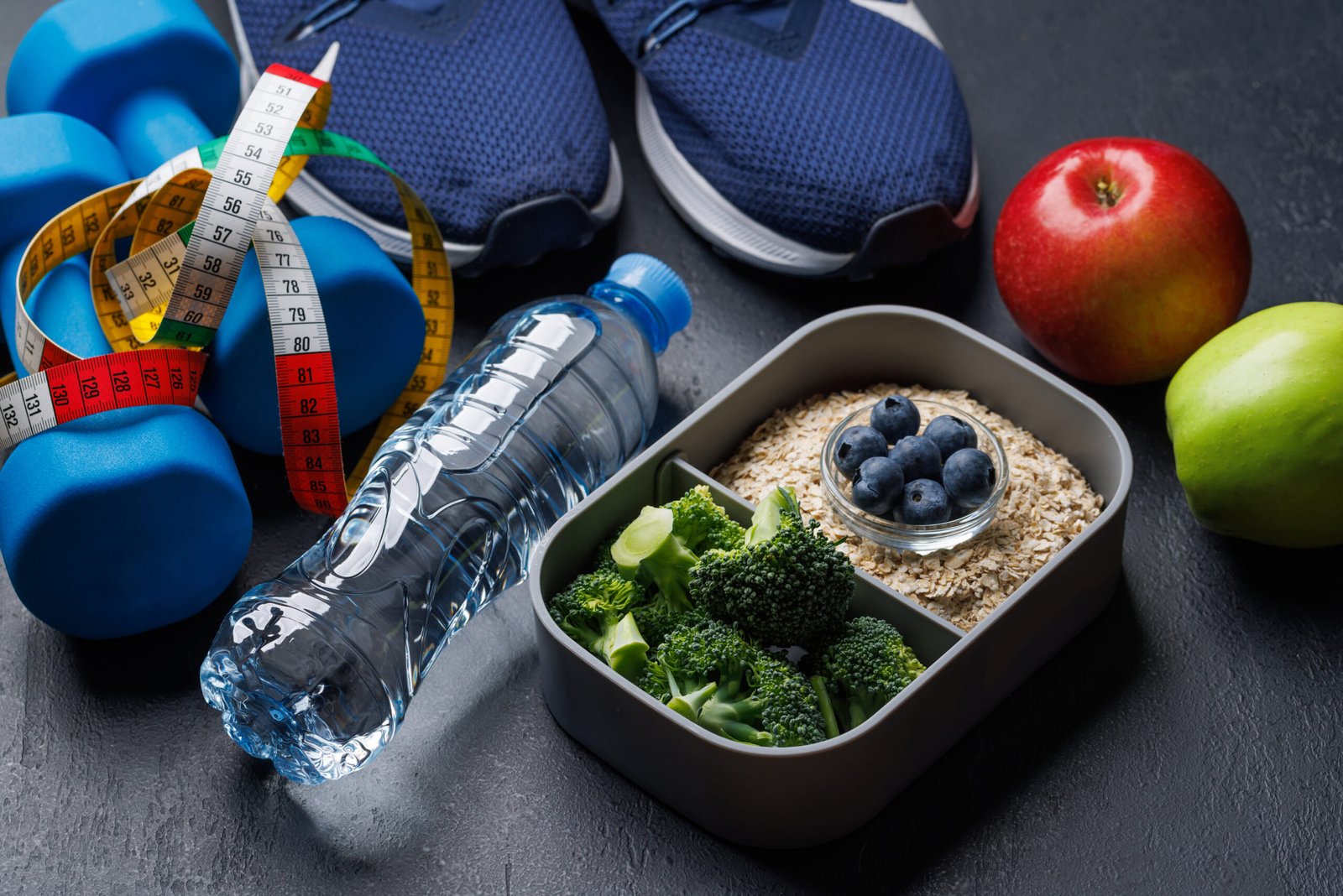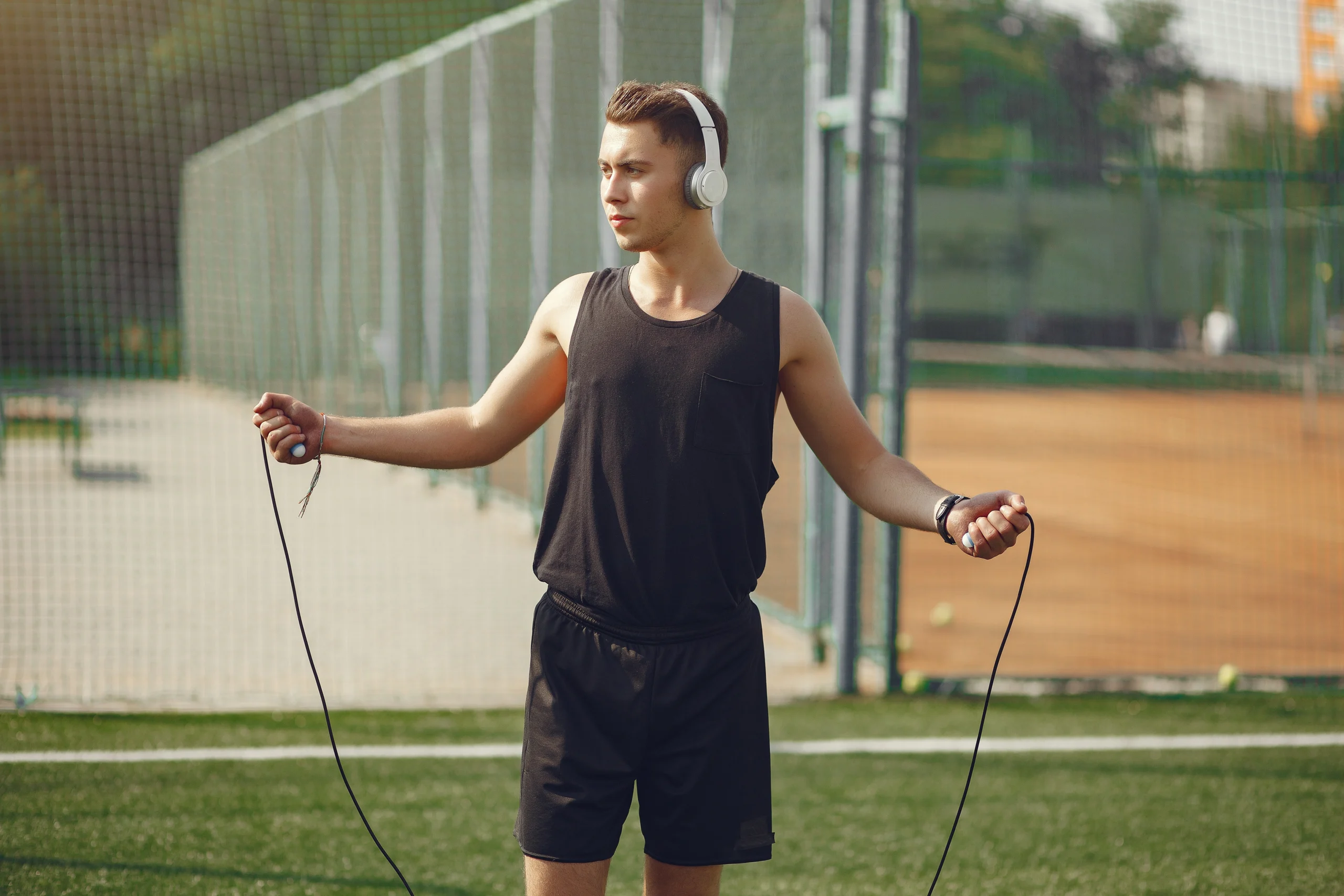Introduction
It takes more than rigorous training to maximize athletic performance; it also demands healthy eating. Whether you’re a professional, aspiring athlete, or fitness fanatic, it’s crucial to comprehend the athlete’s nutritional needs. Get expert guidance, learn the fundamentals of a sports-enhancing diet, and reach your peak performance with the aid of this site.
Understanding Athlete Nutrition
Athlete nutrition varies. It needs balance to allow rigorous training and recovery. It contains vitamins, minerals, carbohydrates, proteins, and fats. These fuel the body and improve performance.
Carbohydrates energize athletes. They are necessary for endurance and high-intensity exercise. They repair and develop muscles using proteins that aid in healing and injury prevention. Contrary to popular belief, fats provide long-lasting energy and stimulate cell activity.
Micronutrients like vitamins and minerals boost bodily health beyond macronutrients. Iron, calcium, and vitamin D improve athletes’ oxygen delivery, bone health, and muscle function.
The Role of High-Protein Diets
Though known for muscle growth, high-protein diets provide other advantages. Protein is essential for muscle building, healing, and strength maintenance in athletes. All sports athletes need it to restore tissues injured after intensive training.
Protein isn’t only for bodybuilders, says nutritionist Dr. Jane Smith. All athletes need it for healing and energy balance.” Variety in protein sources provides amino acids needed for biological processes. Lean meats, dairy, beans, quinoa, and lentils are included.
Protein intake for athletes is a frequent question. The recommended range is 1.2 to 2.0 grams per kilogram of body weight. However, a nutritionist may tailor suggestions to objectives and workout intensity.
Performance-Enhancing Foods
Some meals go beyond nutritional needs and may boost athletic performance. Antioxidant-rich foods minimize inflammation and speed healing. Fruits, nuts, and leafy greens are good sources.
Oats, sweet potatoes, and healthy grains give continuous energy for pre-workouts. Professional runner Emily Jacobs says, “A bowl of oatmeal before a race gives me the sustained energy I need to perform my best.”
Post-workout diet matters, too. They consume carbs and protein within 30 minutes after exercise, which speeds recovery. Smoothies containing spinach, banana, and protein powder are fast and effective.
Hydration’s Hidden Power
Proper hydration is frequently overlooked yet essential for athletes. Dehydration may impair performance, tiredness and injury. The body stays in top shape by drinking water throughout the day, particularly before and after exercises.
Electrolytes help hydrate. These minerals in sports drinks, bananas, and avocados assist in preserving fluid balance and muscular function. Nutritionist Mark Lee says, “Proper hydration is as important as any meal; it keeps the body functioning efficiently.”
Simple urine color monitoring may indicate hydration. Lighter yellow implies hydration, but deeper yellow may indicate dehydration.
Timing is Everything
When and what you eat matter. Meal timing optimizes performance and recovery by providing nutrients at the proper moment.
Healthy eating 3-4 hours before training prepares your body for exercise. Complex carbs and lean proteins are energy-sustaining. Swimming pro-Sarah Lin advises, “I eat chicken and quinoa salad before practice. It energizes me without filling me up.”
Easy-to-digest carbohydrates and electrolytes keep energy levels up throughout lengthy workouts. After exercise, eat a nutritious meal or snack to restore glycogen and start healing.
Tailoring Nutrition to Sport Type
Different games have different food needs. For example, endurance athletes need to eat more carbs, while strong athletes may want to focus on eating more protein. It would be best to have a mix of the two for team sports to support quick moves.
Knowing the specific food needs of your sport can help you do better. Talking to a sports nutritionist can help you get the most out of your food by giving personalized tips.
Balancing Training and Rest
Food gives you the energy to do well, but rest is when you heal and grow. Sleeping and eating a healthy diet are essential for keeping your energy up and avoiding stress.
If you overtrain without getting enough food, you could get tired, perform worse, or even get hurt. Please pay attention to your body and change your food and rest schedule based on what it tells you.
Importance of Micronutrients
Even though we only need small amounts of them, vitamins are still essential. Minerals and vitamins like zinc, magnesium, and vitamin C help the immune system work well, keep bones healthy, and repair muscles.
Including a range of brightly colored fruits and veggies will ensure you get many of these essential nutrients. People may also think about taking supplements, especially if they aren’t able to eat certain foods or train hard and aren’t getting enough of certain nutrients.
Supplements and Their Place
A well-balanced meal should give you all the necessary nutrients, but pills can sometimes be helpful. Because they help athletes do better, protein shakes, creatine, and branched-chain amino acids (BCAAs) are very common.
But it’s essential to be careful when taking vitamins. Not all are needed, and some might even be bad for you. Talking to a doctor before taking any vitamins will help ensure they fit your health needs and goals.
Listening to Your Body
Different athletes have different nutritional needs. Attention to your body’s cues can help determine what works best for you. Changes in performance, tiredness, and hunger can all be signs that your food needs to be changed.
Trying different foods and eating times can help you determine what gives you the most energy. Keeping a food log can also help you see how different ways of eating affect your performance.
The Long-Term Benefits of Proper Nutrition
Immediate physical gains are exciting, but the long-term effects of a good diet are much more critical. A healthy, well-balanced diet can help your general health, lower your chance of illness, and make your sports job last longer.
Putting money into diet now will pay off in the long run. It’s not just about the next race or game; it’s about keeping up your best year after year.
Conclusion
As different as the games people play, so are their nutritional needs. You can fuel your body to do great by learning about high-protein meals, performance-enhancing foods, and staying hydrated. Don’t forget that getting to your best is not a race but a journey. Get the information and tools you need to make intelligent choices, and when you need to, talk to a professional. May your sports journey take you to new heights!





